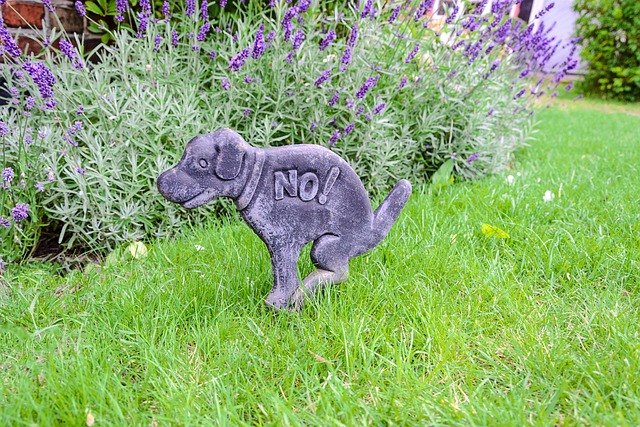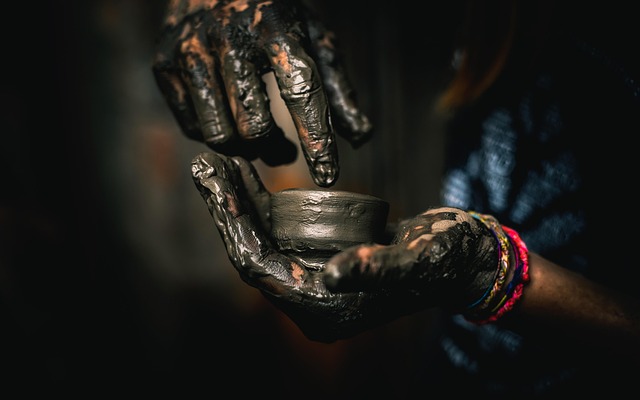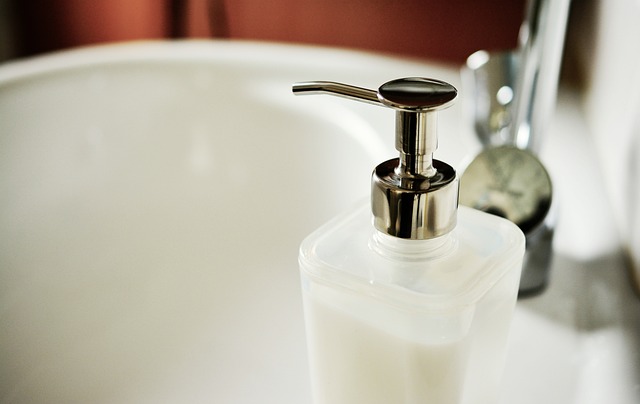This text emphasizes the importance of septic safety and proper drain maintenance. It suggests using natural, DIY methods like baking soda and vinegar or a plumber's snake to clear clogs, instead of harsh chemicals. These techniques target common causes such as hair, grease, and foreign objects. Enzymes are also highlighted for their organic breakdown capabilities. While DIY solutions are cost-effective and eco-friendly, persistent clogs may require professional help from plumbers to address complex issues like tree roots or structural problems. Regular Drain cleaning is recommended for older systems or homes prone to frequent cloggings.
In today’s digital era, proper drainage system care is more crucial than ever for a comfortable and hygienic living environment. Understanding septic safety and its impact on drainage systems is the first step to avoiding costly repairs and maintaining eco-friendly practices. This article explores common clogged drain issues, the power of natural enzymes in unclogging drains, effective DIY solutions with baking soda and vinegar, the use of a plumber’s snake, and when to call a professional for persistent clogs. Learn how to navigate these options for optimal drain cleaning and prevent future blockages.
- Understanding Septic Safety and Its Impact on Drainage Systems
- Common Clogged Drain Issues and Their Causes
- The Role of Natural Enzymes in Unclogging Drains
- DIY Solutions: Cleaning Drains with Baking Soda and Vinegar
- Plumber's Snake: A Mechanical Approach to Deep Cleansing
- When to Call a Professional Plumber for Persistent Clogged Drains
Understanding Septic Safety and Its Impact on Drainage Systems

Understanding Septic Safety and Its Impact on Drainage Systems
Septic safety is a critical aspect often overlooked when it comes to maintaining drainage systems, especially in homes with septic tanks. Clogged drains can lead to serious issues, from temporary inconveniences like slow drainage to more significant problems such as tank overflows, which not only cause damage to your property but also pose environmental risks. DIY solutions for unclogging drains have gained popularity, with many households turning to cost-effective and eco-friendly methods like baking soda and vinegar mixtures or using a plumber’s snake. These natural unclogging techniques offer an alternative to harsh chemical cleaners, reducing the risk of tank damage and maintaining the overall health of your septic system.
By understanding the importance of septic safety, homeowners can prevent costly repairs and protect their environment. Common issues like using a plunger incorrectly or relying solely on mechanical tools without considering natural solutions can exacerbate problems. Simple practices such as avoiding flushing non-biodegradable materials and regularly maintaining drain pipes can go a long way in ensuring your septic system operates efficiently.
Common Clogged Drain Issues and Their Causes
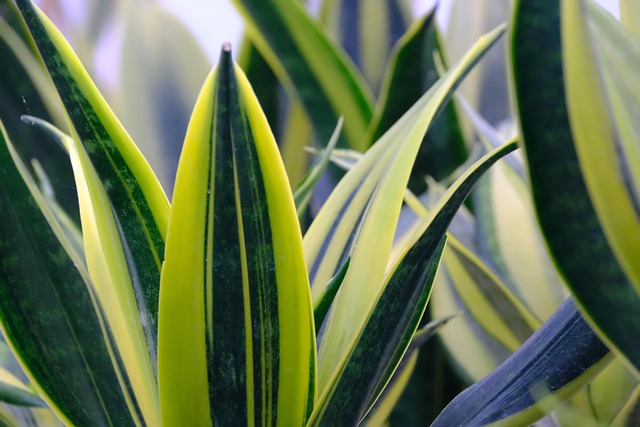
Clogged drains are a common household issue that can lead to frustrating and unsanitary situations. Many homeowners often turn to chemical drain cleaners, but these products can be harsh and potentially harmful to both people and the environment. Luckily, there are natural alternatives that can effectively clear blockages without the nasty side effects.
Common causes of clogged drains include hair, grease, food scraps, and everyday household items like cotton swabs or feminine hygiene products. These items can accumulate in pipes over time, leading to slow drainage or complete blockages. Using a plunger is a DIY solution many turn to, creating a seal and building pressure to dislodge the clog. Baking soda and vinegar are another popular natural unclogging duo; when combined, they create a fizzing reaction that can help break down grease and organic matter. For more persistent clogs, a plumber’s snake (a flexible metal cable) can be inserted into the drain to manually remove any obstructions. These simple, cost-effective methods offer safe and effective solutions for maintaining a clean and septic-friendly environment at home.
The Role of Natural Enzymes in Unclogging Drains

Natural enzymes play a significant role in effective DIY clogged drain solutions, offering an eco-friendly alternative to harsh chemical cleaners. These biological catalysts are powerful yet gentle, capable of breaking down organic matter that often causes drain clogs. When combined with ingredients like baking soda and vinegar, enzymes create a natural unclogging agent that can dissolve hair, grease, and other common drain obstructions without damaging pipes or leaving toxic residues.
Unlike traditional plungers or a plumber’s snake, which rely on force and pressure to clear blockages, natural enzymes provide a gentle yet persistent approach. They work by attacking the organic buildup in drains, breaking it down into simpler compounds that flow freely through the plumbing system. This method not only unclogs drains but also prevents future clogs by reducing the amount of grease and debris that accumulates over time.
DIY Solutions: Cleaning Drains with Baking Soda and Vinegar

Instead of reaching for harsh chemicals, many homeowners are opting for DIY solutions when it comes to clearing clogged drains. A popular and effective method involves a simple combination of baking soda and vinegar. This natural unclogging duo can be used as an alternative to traditional drain cleaners and even plumber’s snakes. By pouring 1/2 cup of baking soda down the drain followed by 1 cup of white vinegar, you create a fizzing reaction that helps break up any built-up residue.
The mixture not only unclogs drains but also leaves them smelling fresh. If the initial application doesn’t clear the blockage, repeating the process after letting it sit for 30 minutes can often do the trick. While this DIY approach is effective and eco-friendly, there are situations where a more robust tool like a plumber’s snake may be necessary. However, for minor clogs, baking soda and vinegar offer an easy, safe, and affordable solution that avoids potentially harmful chemicals.
Plumber's Snake: A Mechanical Approach to Deep Cleansing

When it comes to DIY clogged drains, many homeowners reach for conventional chemical cleaners, but there’s a growing trend towards natural unclogging methods. One effective tool in your arsenal is the plumber’s snake—a mechanical approach to deep cleansing that can clear obstructions without harsh chemicals. This handheld device is designed to navigate tight spaces and break apart stubborn clogs, making it an eco-friendly alternative to store-bought drain cleaners.
Instead of relying on toxic substances, consider using simple yet powerful natural remedies like baking soda and vinegar. Combining these two ingredients creates a fizzy reaction that can dislodge hair, grease, and other common blockages. By opting for such natural unclogging methods, you not only save money but also contribute to septic safety by avoiding chemicals that could harm your plumbing system. Plus, with a plumber’s snake or DIY solutions like baking soda and vinegar, you can bypass the need for a professional plumber in many cases, saving time and resources.
When to Call a Professional Plumber for Persistent Clogged Drains
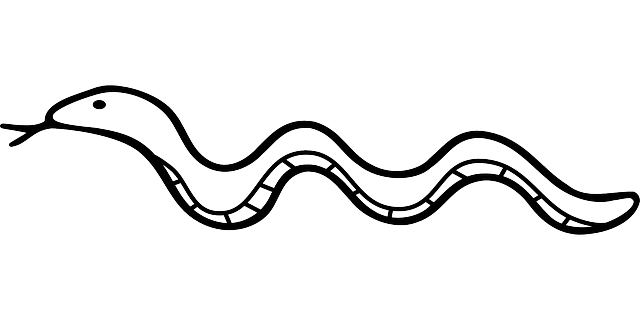
If you’ve attempted several DIY methods like using a plunger, mixing baking soda and vinegar, or even trying a plumber’s snake to clear persistent clogged drains with no success, it might be time to call in a professional. While natural unclogging remedies can be effective for minor blockages, they may not address deeper issues that require specialized equipment.
Professional plumbers are equipped to handle stubborn clogs caused by tree roots, heavy buildup, or structural problems within your pipes. They can also inspect your sewer lines and identify any damage or defects that might be contributing to the issue. Regular drain cleaning by a professional is often recommended for homes with older plumbing systems or those prone to frequent cloggings to prevent more serious—and costly—problems down the line.



